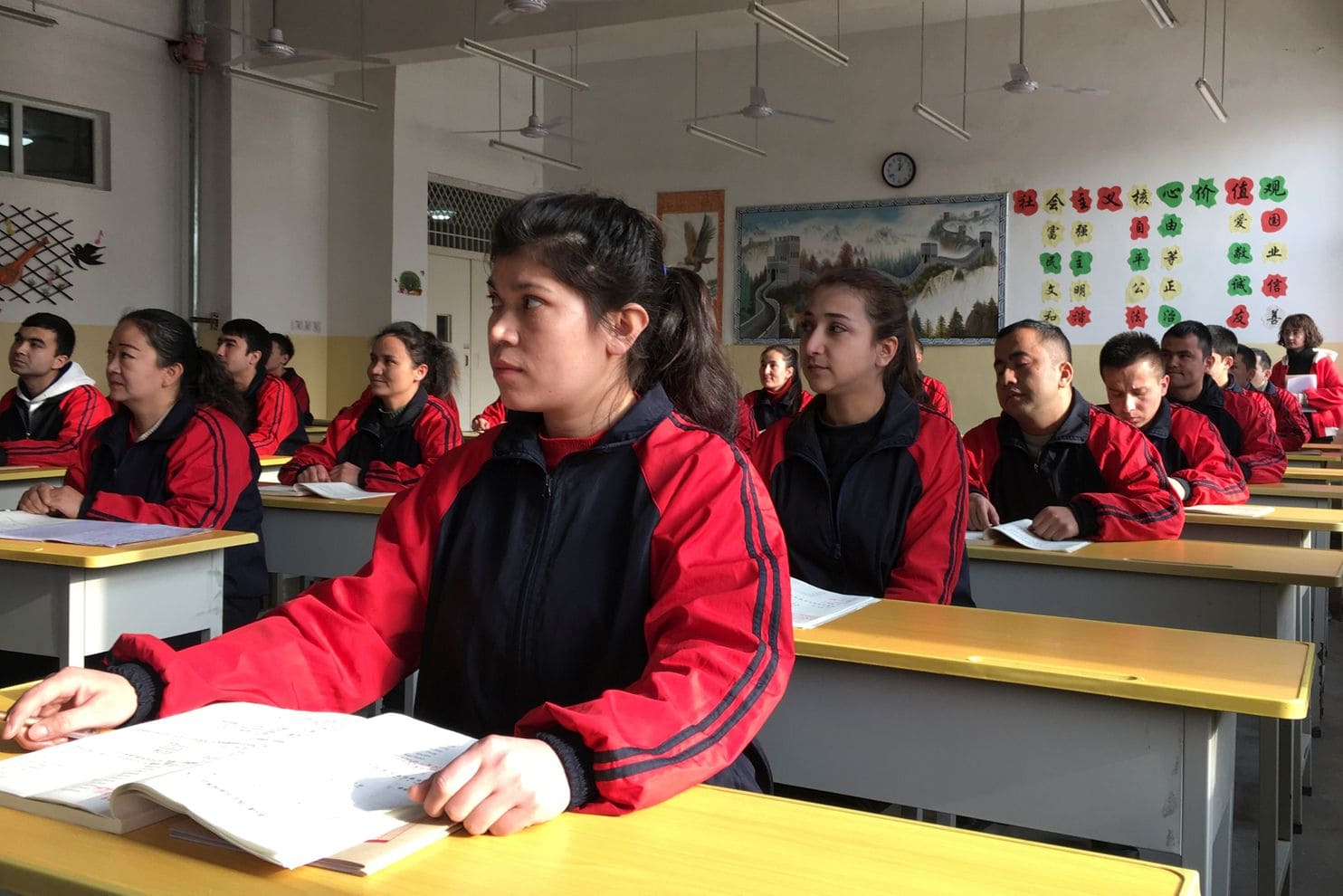US Senate’s new sanctions on China
January 19, 2019 | Expert Insights

On Thursday, U.S. lawmakers revived a bill that could pave the way for sanctions against China over its mass internment of Muslim ethnic minorities in the western region of Xinjiang.
China has been gathering the ethnic Uyghur Muslims of the Xinjiang province and has been “sinicizing” them.
Background
The Uyghurs are predominantly Muslims and have regarded themselves as culturally and ethnically close to Central Asian nations. They practice Islam in a largely atheist country and have inhabited the area since the time of Genghis Khan. The Uyghur’s briefly declared independence in the early 20th century. However, the region was brought under the complete control of the People’s Republic of China in 1949.
The UN Committee on the Elimination of Racial Discrimination has been hearing testimony on the Chinese government's treatment of its Muslim Uyghur minority, among other issues.
In their submission to the committee, the Germany-based World Uyghur Congress (WUC) said they estimated at least one million Uyghurs were being held in political indoctrination camps as of July 2018. Responding to questions on Monday, a representative of the Chinese government called the accusations of mass imprisonment "completely untrue."
The UN panel said it was alarmed by “numerous reports of detention of large numbers of ethnic Uighurs and other Muslim minorities held incommunicado and often for long periods, without being charged or tried, under the pretext of countering terrorism and religious extremism”.
Analysis
The introduction of the Uyghur Human Rights Policy Act by Sens. Marco Rubio (R-Fla.) and Robert Menendez (D-N.J.) comes at a time when sentiment toward Beijing in Washington is hardening — across political parties and branches of government — over issues ranging from trade disputes and technology theft to geopolitical competition and human rights.
The Senate bill, which would create positions within the State Department, FBI and U.S. intelligence agencies to study issues related to the ongoing internment program, represents a steady escalation of pressure from Washington over a Chinese campaign that has held as many as 1 million people, mostly ethnic Uighur Muslims, in extrajudicial indoctrination centers.
A similar bill was introduced in November 2018 but was not taken up in the Senate before the congressional session ran out. In the past two years, China has established a network of indoctrination centers in Xinjiang that operate outside its courts and have systematically interned up to 1 million people, according to the United Nations. The detentions have been accompanied by efforts to dilute Uighur language and culture as well as all-encompassing digital surveillance and collection of DNA on a practically unprecedented scale.
Beijing has bristled at international scrutiny and the threat of U.S. sanctions over the program, calling it an example of American overreach into its domestic affairs. After initially denying the detention centers’ existence, China in October began rolling out a vigorous defense of the program as a counterterrorism measure to purge Islamist extremism from a vast, unstable territory bordering Central Asia.
As part of the Senate bill, which is accompanied by a similar measure in the House, the FBI would be tasked with investigating whether Uighurs living in the United States have been intimidated by Chinese state security in its globe-spanning efforts over the past two years to repatriate them for indoctrination.
The bill also reiterates calls for financial and travel sanctions under the Global Magnitsky Act against Chinese officials involved in the detention program, steps that Rubio has previously called on the Treasury Department to pursue. The State Department is leading a U.S. interagency effort to develop policies in response to the Xinjiang crackdown, Rubio said in a statement. “The time to act is now,” he said.
Counterpoint
Amid growing criticism from a coalition of 15 Western countries and the United Nations and hundreds of scholars worldwide, Chinese officials had invited media and diplomats, almost all from majority-Muslim countries, on tightly managed tours of Xinjiang - to show what they said were happy Uighurs singing and receiving education voluntarily.
The government-sponsored tour, which excluded all Western countries, suggested that China may eventually invite United Nations inspectors to Xinjiang.
Assessment
Our assessment is that while Xinjiang faces mild threats from Islamist militants, the larger reason for this strife is the curtailment of freedom for the Uyghurs in their religious, commercial and cultural activities by the ethnic Han Chinese majority. We believe that the Chinese government’s efforts to cover up the internment camps has failed so far.








Comments